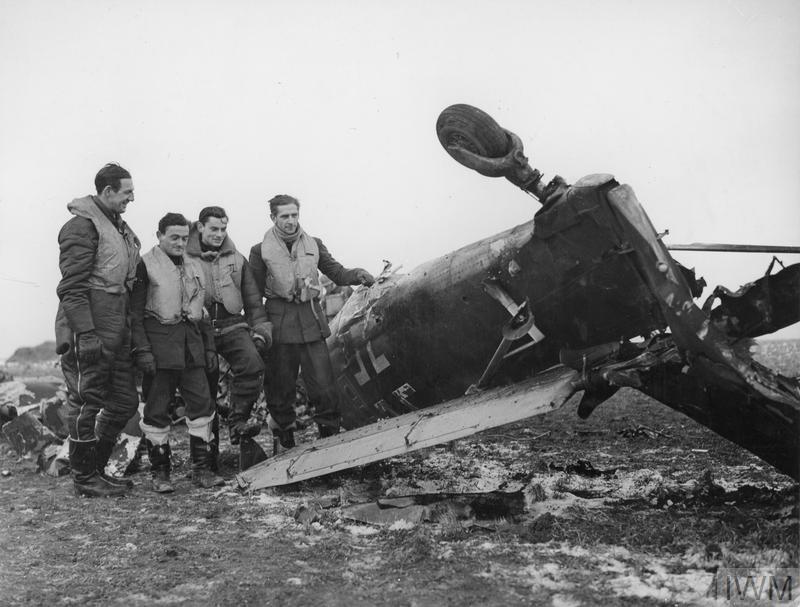The Battle of Britain was a crucial moment in World War II, where the RAF defended against the German Luftwaffe in 1940. With a strategy based on radar detection and fighter interception, the RAF gained a crucial advantage in anticipating and responding to German attacks. The Luftwaffe’s tactics aimed at achieving air superiority by targeting RAF airfields, but the shift to bombing civilian populations allowed the RAF to regroup and ultimately defeat the Luftwaffe. This victory showcased the importance of air power in modern warfare and boosted morale and confidence in the British people, leaving a lasting legacy on the history of air warfare.
The Battle of Britain
The Battle of Britain was a pivotal moment in World War II, where the Royal Air Force (RAF) defended against the German Luftwaffe in a series of aerial battles over the skies of Britain in 1940. This battle marked a turning point in the war, as the RAF’s victory prevented a German invasion of Britain and demonstrated the importance of air power in modern warfare.
The RAF’s Defense Strategy
The RAF’s defense strategy in the Battle of Britain was based on a system of radar detection and fighter interception. Radar stations along the British coast would detect incoming German aircraft, allowing RAF fighters to be directed to intercept them before they reached their targets. This early warning system gave the RAF a crucial advantage in the battle, allowing them to anticipate and respond to German attacks.
The Luftwaffe’s Tactics
The Luftwaffe’s tactics in the Battle of Britain focused on achieving air superiority over Britain by targeting RAF airfields, aircraft, and infrastructure. The Germans believed that by crippling the RAF’s ability to defend the skies, they could pave the way for a successful invasion of Britain. However, the RAF’s radar system and effective defense strategies made it difficult for the Luftwaffe to achieve air superiority.
The Turning Point
The turning point in the Battle of Britain came in September 1940, when the Luftwaffe shifted its focus from targeting RAF airfields to bombing civilian populations in London and other British cities. This change in strategy allowed the RAF to regroup and strengthen its defenses, ultimately leading to the Luftwaffe’s defeat. The RAF’s victory in the Battle of Britain was a significant moment in the war, as it demonstrated the resilience and determination of the British people in the face of overwhelming odds.
Legacy of the Battle
The Battle of Britain left a lasting legacy on the history of air warfare, as it showcased the importance of air power in modern conflicts. The successful defense of Britain against the Luftwaffe proved that a well-trained and well-equipped air force could effectively defend against a larger and more powerful enemy. The RAF’s victory in the Battle of Britain also boosted morale and confidence in the British people, leading to a renewed sense of national pride and determination to fight on against the Axis powers.
